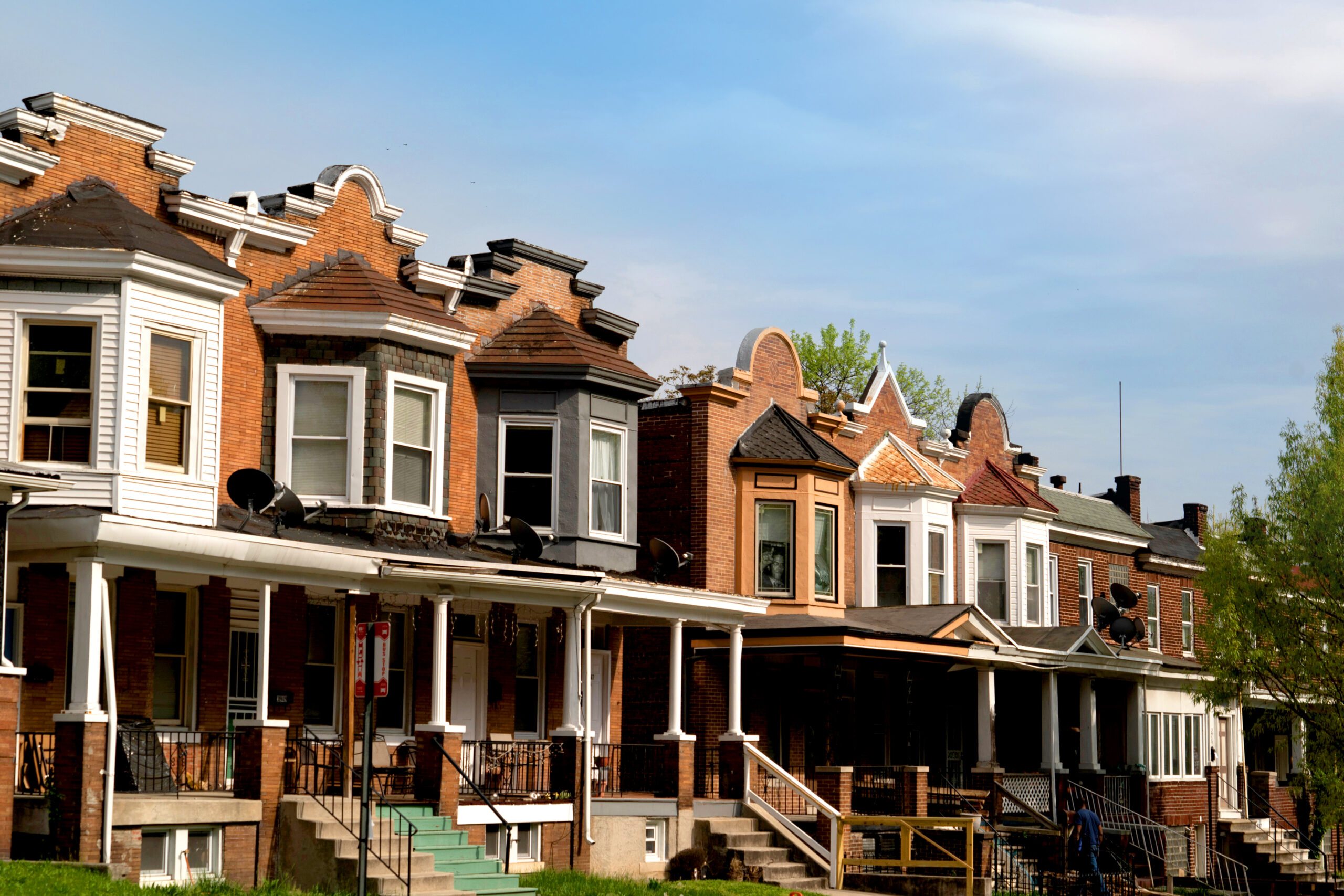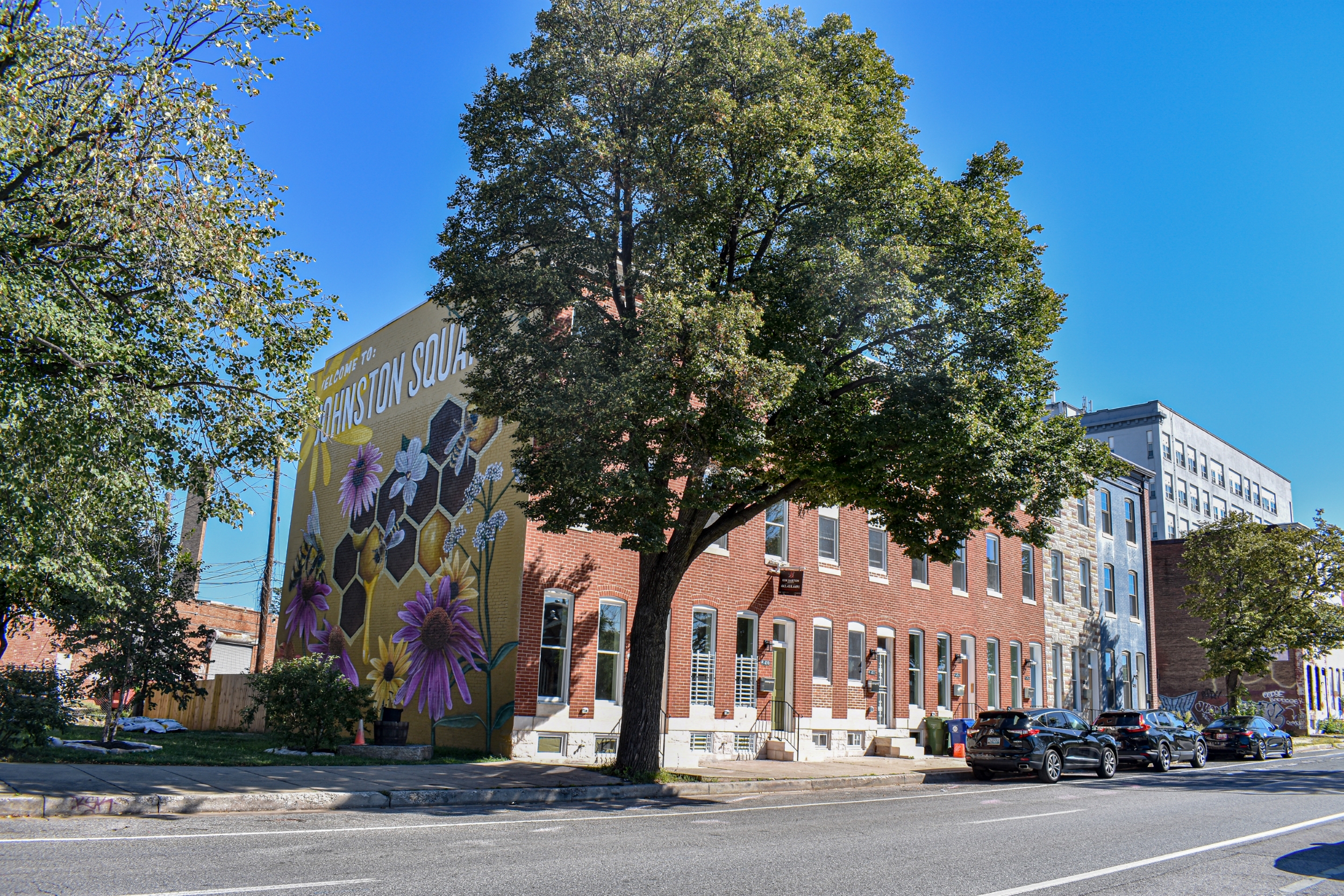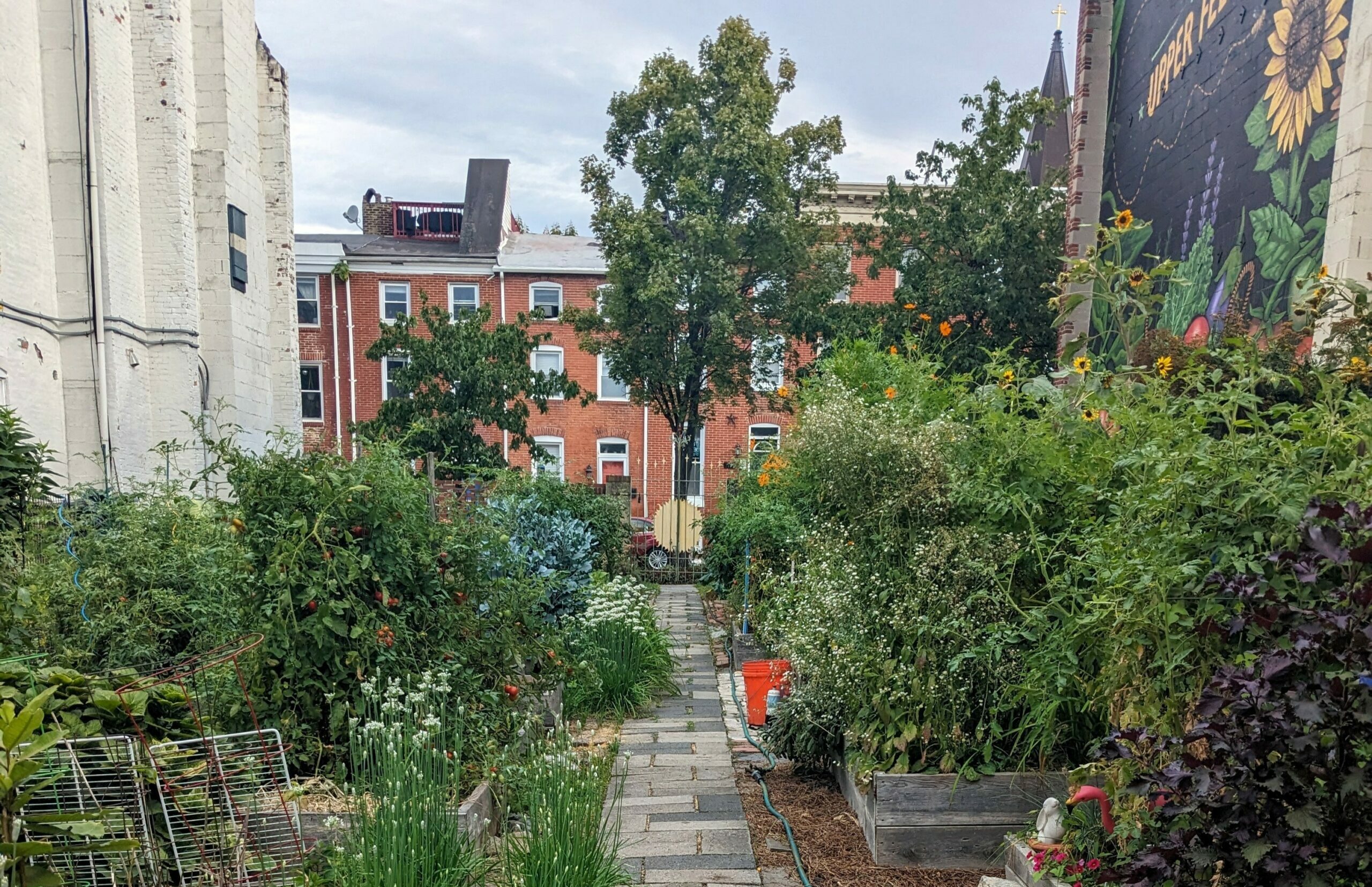We encourage initiatives that attract resident investment in neighborhoods, promote sustainability, increase economic development opportunities, and nurture entrepreneurial talent. We aim to increase the livability of neighborhoods, the number of residents, the number of jobs, and the size of the tax base. We are interested in programs that address concentrated poverty, racial wealth disparities, and tie the economic health of Baltimore City to the region.
As successful households are key to neighborhood health, we support efforts to:


Abell Report: Evidence of Racial Bias in Home Appraisals in the Baltimore Metropolitan Area


Vacant houses, uninhabitable due to abandonment or lack of owner investment, exert a heavy cost on neighborhoods and perpetuate a cycle of disinvestment and population decline in Baltimore City. ReBUILD Metro’s mission is to rebuild these abandoned properties into homeownership and rental opportunities to strengthen whole neighborhoods.


Baltimore Green Space is Baltimore’s only environmental land trust that collaborates with neighborhoods by working with residents, Baltimore City government, and other institutions to protect green spaces from loss to private investors. BGS strives to ensure that all Baltimore City residents, regardless of income or ethnicity, benefit from green spaces that provide community building, recreation, civic engagement, neighborhood revitalization, access to natural beauty, and a healthier environment.
Have questions or want to discuss your idea for community development in Baltimore? Get in touch using the form below.
Header photo courtesy of ReBUILD Metro.